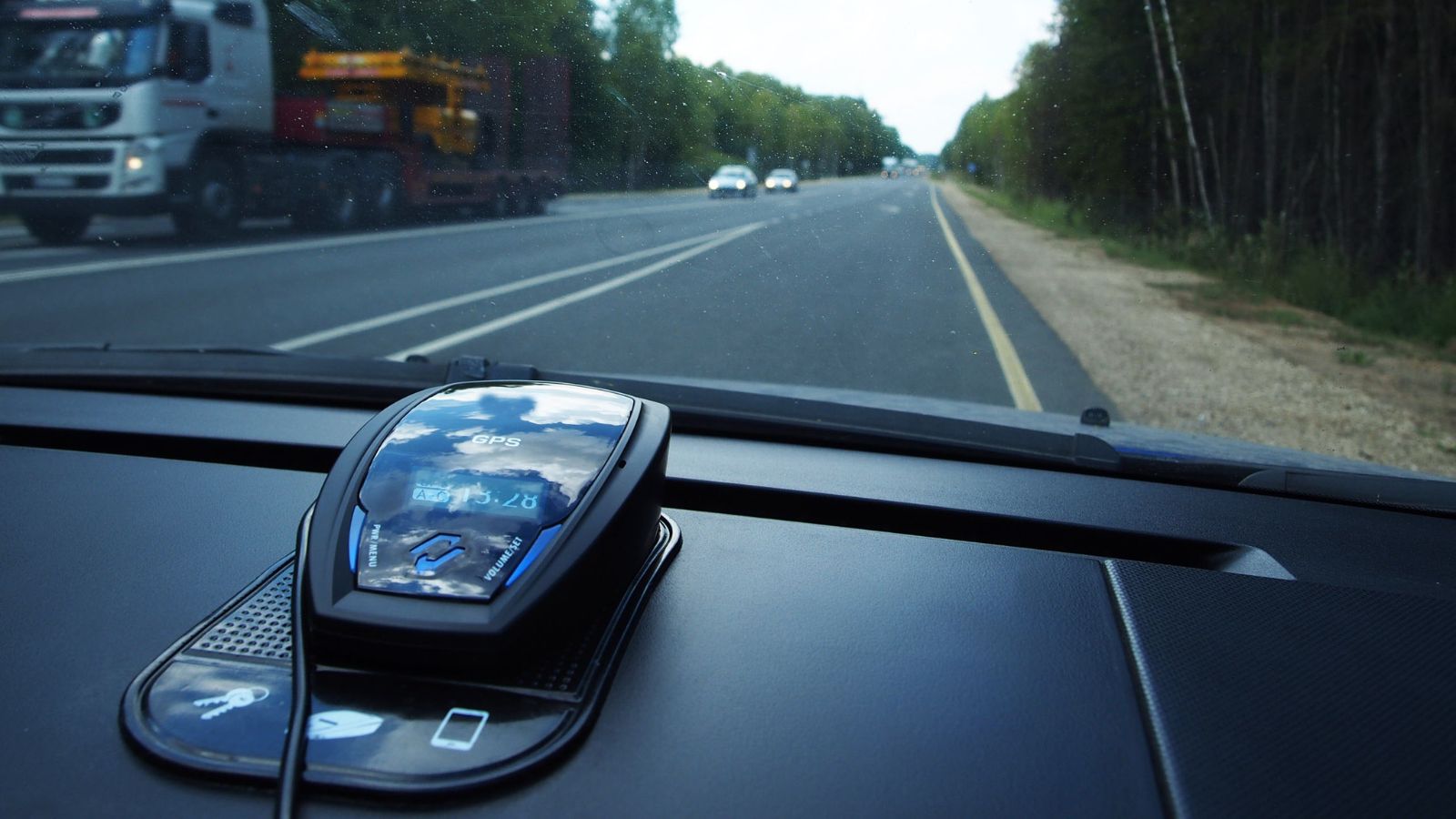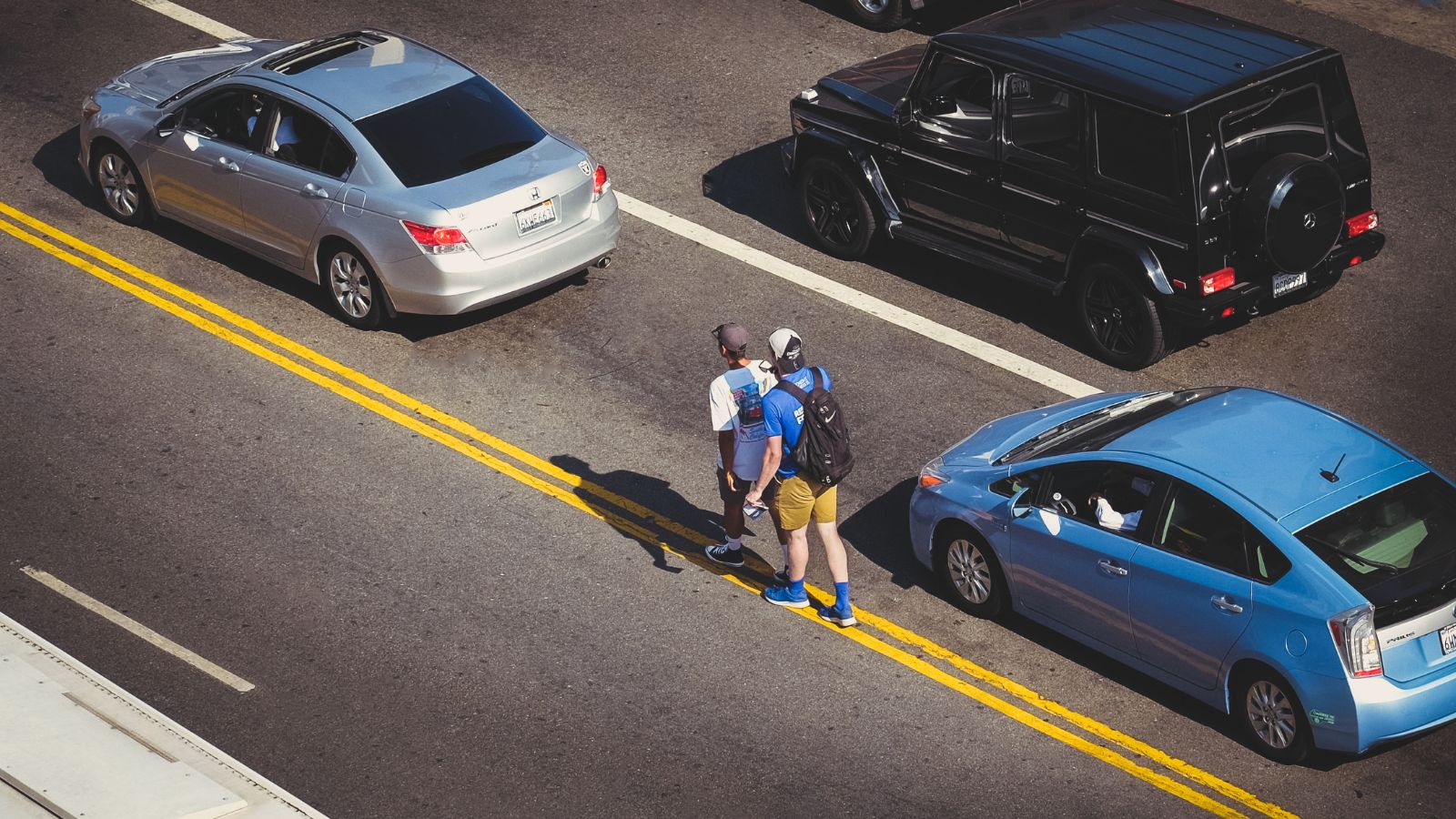Ignorance isn’t always bliss as far as the law is concerned. Laws are everywhere, but not all of them are obvious. While we’re all familiar with the big ones, like not stealing or speeding, there are plenty of lesser-known rules that can land you in trouble if you’re not careful. Some of these laws seem outdated or oddly specific, but they’re still enforceable.
From harmless habits to common misconceptions, the following 14 things are actually illegal – even if you didn’t realize it.
Collecting Rainwater in Some States

Believe it or not, in certain states, collecting rainwater is illegal without proper permits. The reasoning behind this is that water rights are tightly regulated, and even rain is considered part of that system. States like Colorado and Utah have restrictions in place, although some have loosened their rules in recent years.
Before setting up a rain barrel, it’s worth checking local laws to avoid unintentionally breaking the rules while trying to go green.
Using Your Phone While Crossing the Street

In some cities, like Honolulu, Hawaii, it’s illegal to text or use your phone while crossing the street. Known as the “Distracted Pedestrian Law,” it was introduced to reduce accidents caused by people not paying attention to their surroundings. Pedestrians can face fines for ignoring it. If you’re walking through a busy intersection, put the phone away, or you might be breaking the law without realizing it.
Selling a Used Mattress Without Labeling It

In several states, it’s illegal to sell a used mattress without properly labeling it as such. The law exists to protect consumers from unknowingly purchasing secondhand bedding, which might pose health risks. The specific labeling requirements vary by state, but skipping this step could lead to fines or other penalties.
It’s worth remembering if you’re planning to sell your old mattress online or at a garage sale.
Singing “Happy Birthday” in Public Without Permission

For years, the “Happy Birthday” song was copyrighted, meaning that public performances technically required a license. While this seemed ridiculous, it was enforced in some cases, like in restaurants or films. Fortunately, the copyright was challenged in 2016, and the song entered the public domain.
Although this specific law is no longer an issue, it’s a reminder of how even the most mundane acts can sometimes fall under legal scrutiny.
Spitting on the Sidewalk

This rule dates back to concerns over diseases like tuberculosis and is still on the books in some areas. Spitting on sidewalks is illegal in many cities and towns across the U.S. as a public health measure. While it may seem like a minor offense, it can carry hefty fines in places where the law is strictly enforced. So, if you’re out in public, bear this in mind.
Feeding Wildlife

It’s tempting to feed ducks at the park or toss scraps to a passing raccoon, but in many places, feeding wildlife is against the law. These rules are designed to prevent animals from becoming dependent on human food and to protect local ecosystems. In national parks, for example, fines for feeding animals can be steep.
It might feel like a kind gesture, but feeding wildlife can disrupt natural behaviors and lead to unintended consequences.
Sharing Your Netflix Password

Did you know that it’s illegal under federal law to share your Netflix password? The Computer Fraud and Abuse Act prohibits unauthorized access to digital services, which includes account sharing. While streaming companies like Netflix often turn a blind eye, some states have started cracking down on this practice.
Installing a Speed Trap Radar Detector

It’s illegal in some states to use a radar detector to avoid speed traps. For example, Virginia and Washington, D.C., have strict laws banning these devices altogether. Other states allow radar detectors but prohibit their use in commercial vehicles. These laws aim to prevent drivers from circumventing enforcement and encourage safe driving.
Throwing Away Batteries

Disposing of batteries in regular household trash is illegal in many states due to environmental concerns. Batteries contain harmful chemicals that can leach into soil and water if not disposed of properly. States like California require batteries to be recycled or taken to designated collection sites. Even though tossing them in the trash feels like a minor act, it’s considered a violation of environmental regulations and can result in fines.
Jaywalking

Crossing the street outside of a designated crosswalk or ignoring traffic signals can result in a ticket, especially in areas with strict enforcement. Jaywalking is illegal in most cities, though it’s often overlooked by pedestrians. It may seem petty, but jaywalking laws exist to reduce accidents and ensure traffic safety.
Using Fake Social Media Accounts

Creating fake profiles on social media can violate laws against impersonation or fraud. Using a fake account to troll, harass, or deceive others can lead to legal consequences, especially if it causes harm. In some states, even using a fake name violates platform terms of service, which could lead to charges.
Transporting Firewood Across State Lines

It’s hard to believe that moving firewood from one state to another could be illegal, but in many areas it’s true. This law is in place to prevent the spread of invasive pests and diseases that can hitch a ride in untreated wood. Some states even require inspections or permits for firewood transportation.
Playing Loud Music in Public

If you’ve ever been annoyed by neighbors blasting loud music from their car or portable speaker, you’ll be interested to know they could be violating noise ordinances. Many cities have strict rules about noise levels, especially in residential areas or late at night. Fines for noise violations can be surprisingly steep, and repeat offenses may lead to more severe consequences.
Using Public Wi-Fi Without Permission

Logging onto an open Wi-Fi network without the owner’s consent can be considered unauthorized access under federal law. Even using free Wi-Fi at a café is technically illegal unless explicitly allowed. Some states even have specific penalties for this act, treating it as a form of cyber trespassing.
If you’re in need of internet access, it’s better to ask for permission than to risk breaking the law.
